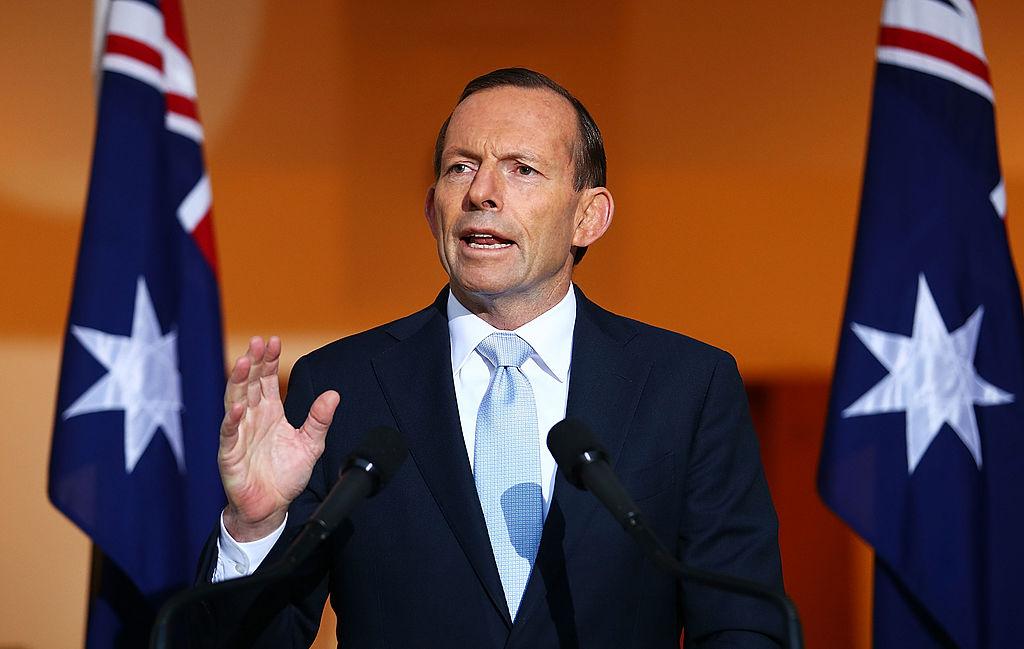Former Prime Minister Tony Abbott has joined a UK climate think tank to inject a “note of realism into the climate debate.”
The London-based Global Warming Policy Foundation (GWPF), founded in 2009 by former UK conservative Chancellor of the Exchequer Nigel Lawson, says it aims to have a less “hysterical” and “emotional” debate on the subject.




